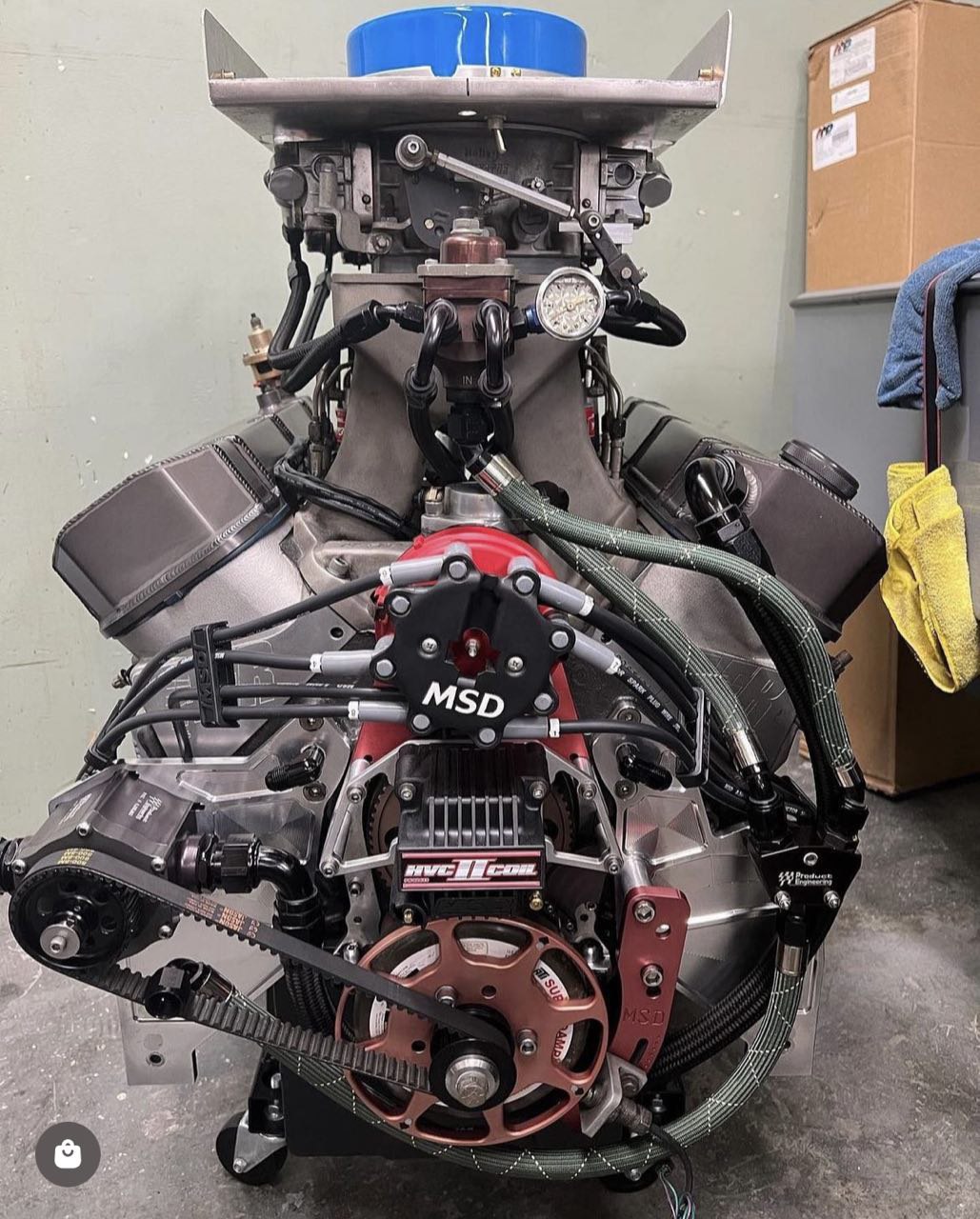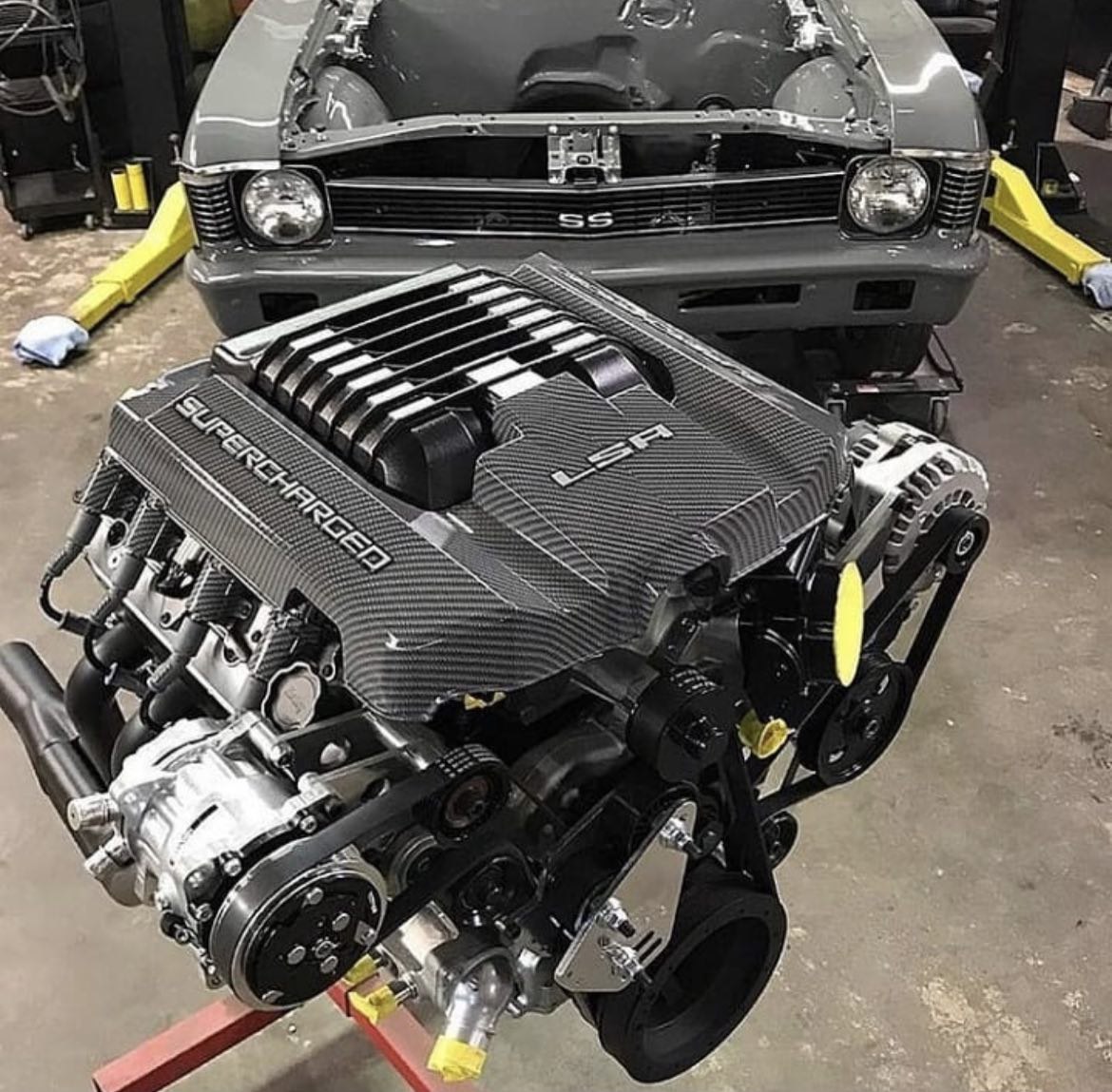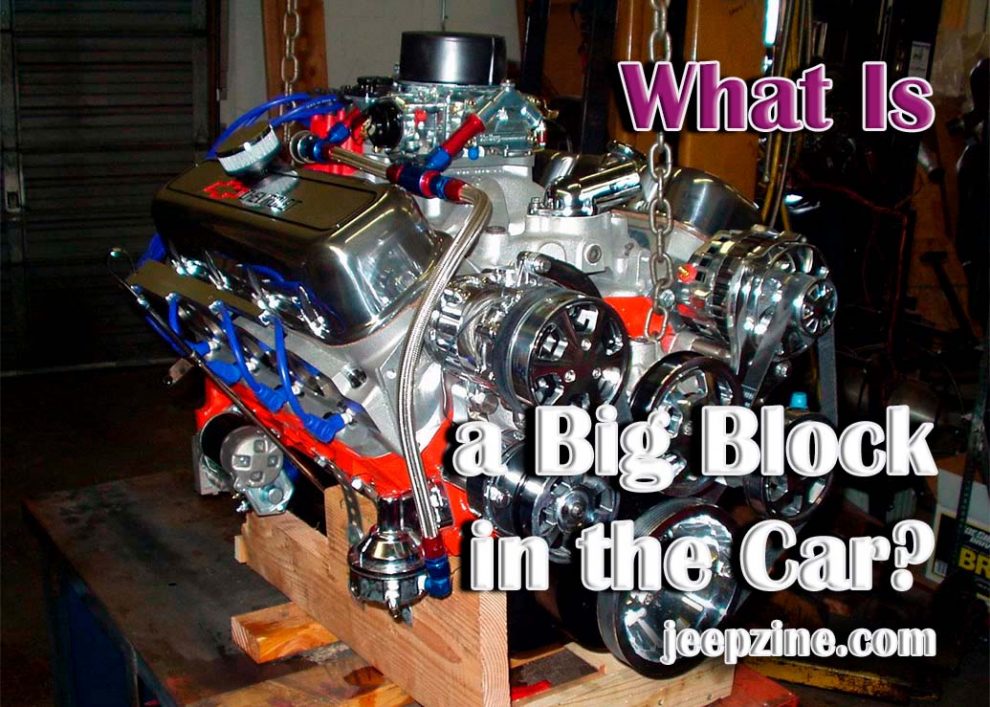Have you ever heard the term “big block engine” and wondered what it meant? It’s a popular term in the automotive world, but many people don’t know what it refers to. In this article, we’ll explain what a big block engine is and how it differs from a small one. We’ll also cover the advantages and disadvantages of having such one in your car.
What Is a Big Block?

The additional displacement comes with added weight, which may require beefier components, such as stronger crankshafts and pistons, to handle the increased stresses caused by increased power output. In addition to increased performance, big block engines also bring advantages such as improved fuel economy and smoother acceleration compared to smaller engines due to their ability to produce more torque at lower RPMs. Although these engines may be heavier than some alternatives, the extra weight does not necessarily mean they will not deliver better performance, depending on how the manufacturer or owner tunes it.
Pros and Cons of a Big Block
Big block engines have several pros and cons that vehicle owners must consider before deciding to install one.
Pros:
- Power: A big block engine can generate more power than its smaller counterparts, leading to faster acceleration and higher top speeds. This is especially useful when driving on the highway or towing large items.
- Stability: The extra weight of a big block engine provides additional stability at high speeds, reducing the likelihood of drifting or over-correcting on tight turns.
- Durability: Big block engines typically last longer due to their increased displacement and heavier components. The construction process also makes them more reliable, with parts less likely to break down due to wear and tear.
Cons:
- Weight: Big block engines are much heavier than smaller ones. This extra weight can lead to reduced fuel economy and increased emissions output.
- Cooling Requirements: Big block engines require larger radiators and cooling systems to prevent overheating during extended periods of full power operation.
- Size: Due to their larger size and weight, big block engines may not fit into all types of vehicles, often necessitating an aftermarket kit for proper accommodation.
Differences Between Big Block and Small Block Engines

Furthermore, big blocks feature larger bore diameters which allow them to access larger fuel injectors than those found on Small Blocks; this ultimately allows them to deliver better throttle response while still maintaining acceptable fuel economy levels. To further optimize the performance of a Cummins engine, be sure to refer to our guide on the Best Cummins Radiator.
Final Thoughts
Understanding what exactly constitutes a big block engine is important if you’re considering purchasing or upgrading an existing vehicle with one; these types of engines offer significant performance gains when used correctly but come with certain drawbacks such as increased emissions output, decreased fuel efficiency, heavier components, larger radiators, etc. However, going for a big block might be the right choice if you want maximum power without compromising reliability.


Add Comment